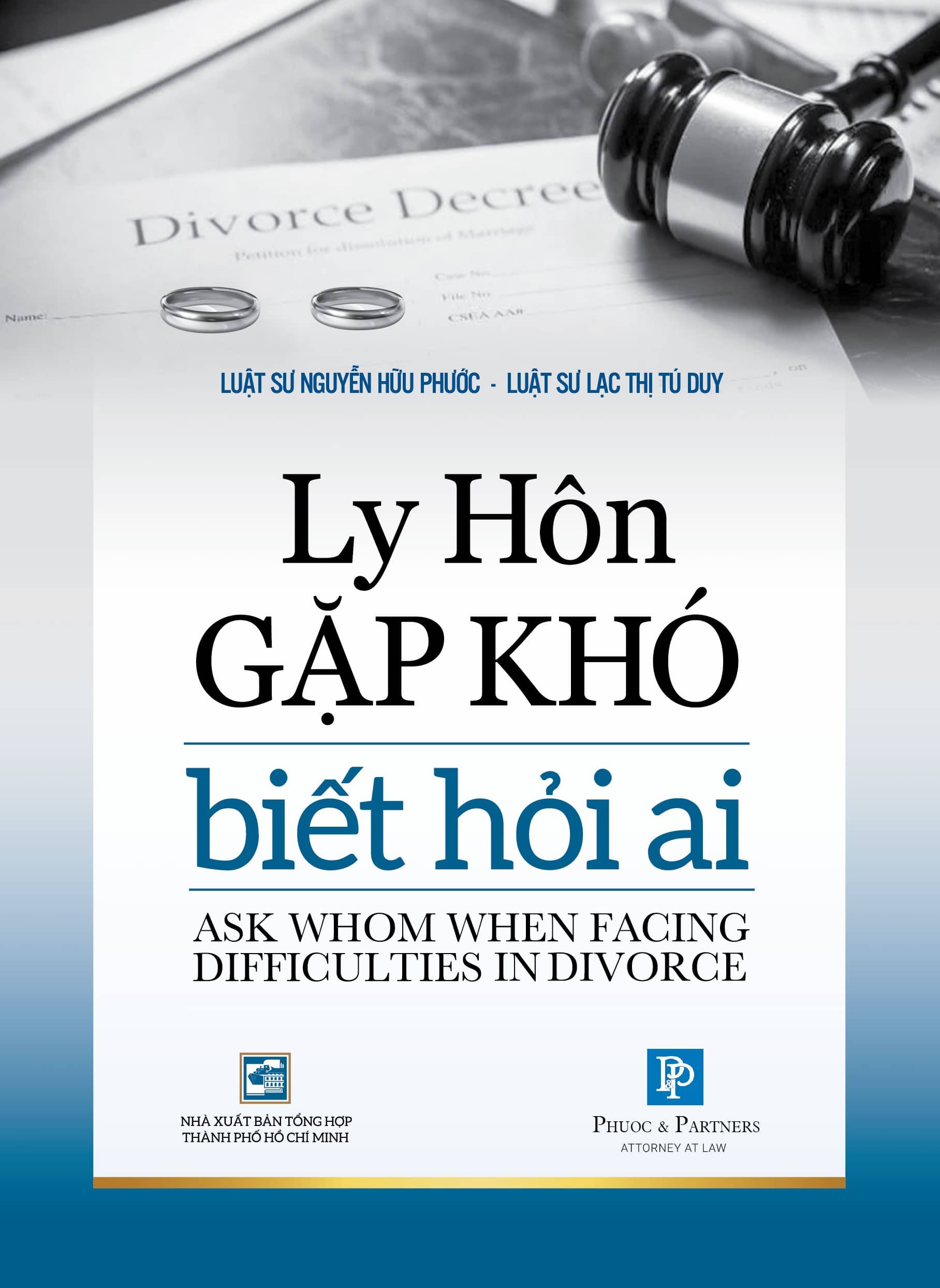Currently, the Vietnamese laws do not provide any specific definition of adultery but only state that: “A cohabitation as a spouse with a person that one of the two persons is in a marriage relationship with another person is considered as a violation of the marriage regime”[2]. Although in practice, adultery may be manifested in a variety of forms and degrees, under the law, cohabitation as spouses as mentioned above only is deemed to be a violation of the Law on Marriage and Family.
Thus, adultery seems to be a favourable ground for the plaintiff upon considering divorce petition, however, only if the decree of adultery complies with the applicable laws (meaning that cohabitation as spouses with other person that one or both spouses are in a marriage relationship with the other person), is the solid ground for the Court to permit the unilateral divorce.
Regarding the division of common properties of the spouses, the Court shall base on two main grounds. Firstly, the agreement between the spouses and secondly, the provisions of the laws [5]. In the event that the agreement of common property division is null and void or when the two spouses cannot reach a mutual agreement, the Court shall settle in accordance with the principle of division into two equal parts[6]. However, it is unnecessary that the two parts of the common properties are always equal, it shall depend on a number of factors including but not limited to:
- Circumstances of the family, spouses;
- Each spouse’s contributions to the creation, maintenance, and development of common properties. The housework carried out in the household by a spouse shall be regarded as income-generating labour;
- Protecting the legitimate interests of each spouse in their production, business, and career activities to create conditions for them to continue working to generate income; and
- Each spouse’s faults in the infringement of spousal rights and obligations[8].
Therefore, if it has been proved that one spouse’s adultery has seriously violated obligations to the other spouse, it shall be deemed as favourable ground for the violated spouse upon the division of common properties. More specifically, according to the Article 7.4.(d) of the Joint Circular No. 01/2016/TTLT-TANDTC-VKSNDTC-BTP, the element of violation includes but is not limited to: the violation of rights, obligations on personal identity and properties, and violation on personal identity (as mentioned above) is determined to be related to adultery with serious degree. Therefore, the Court may use such grounds to divide the common properties of the spouses in favour of the other spouse[10].
[2] Article 5.2.(c) of the Law on Marriage and Family 2014.
[5] Article 59 of the Law on Marriage and Family 2014.
[6] Article 59.2 of the Law on Marriage and Family 2014.
[8] Article 59.2 of the Law on Marriage and Family 2014.
[10] Article 7.4.(d) of the Joint Circular No. 01/2016.
If you would like more information on how we can assist you with divorce issues, please contact us at: +84 (28) 36223522 or email us at info@phuoc-partner.com

